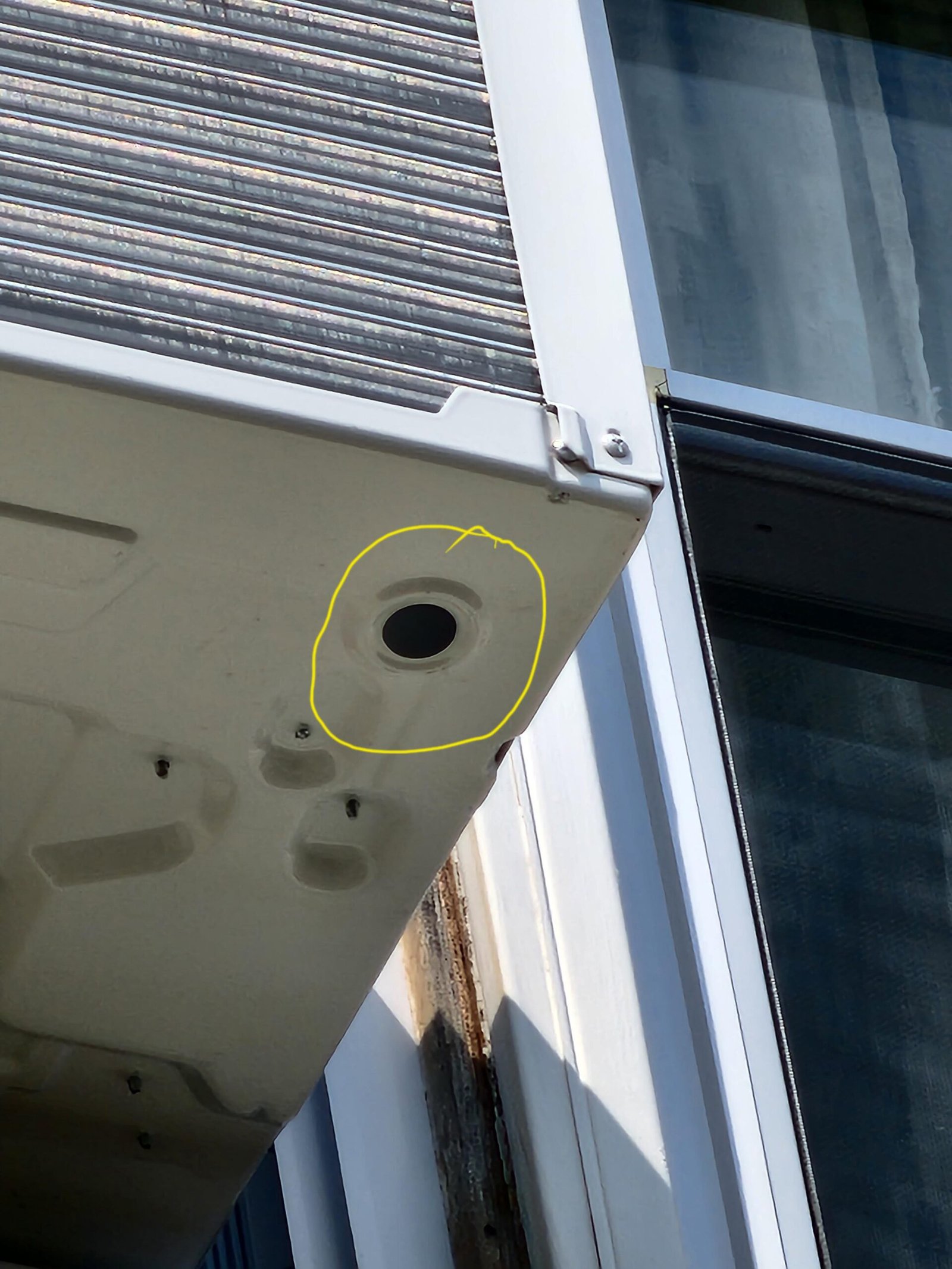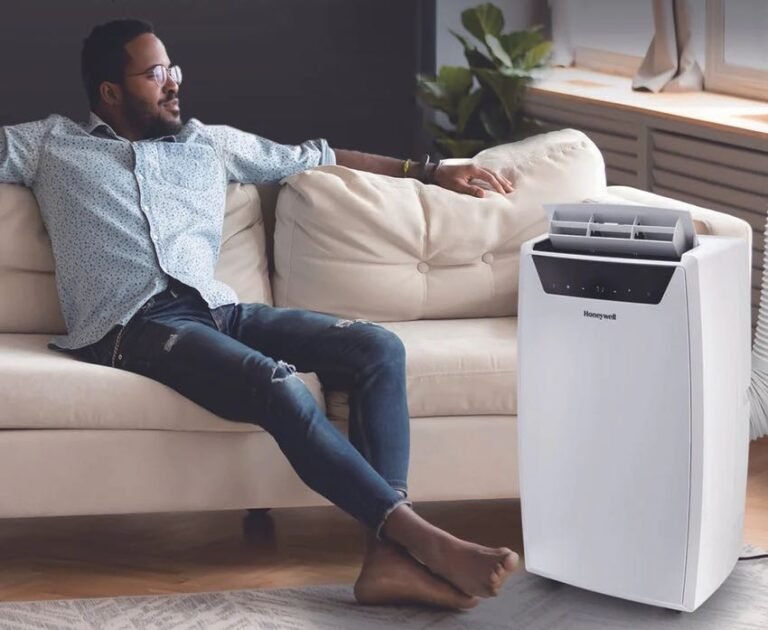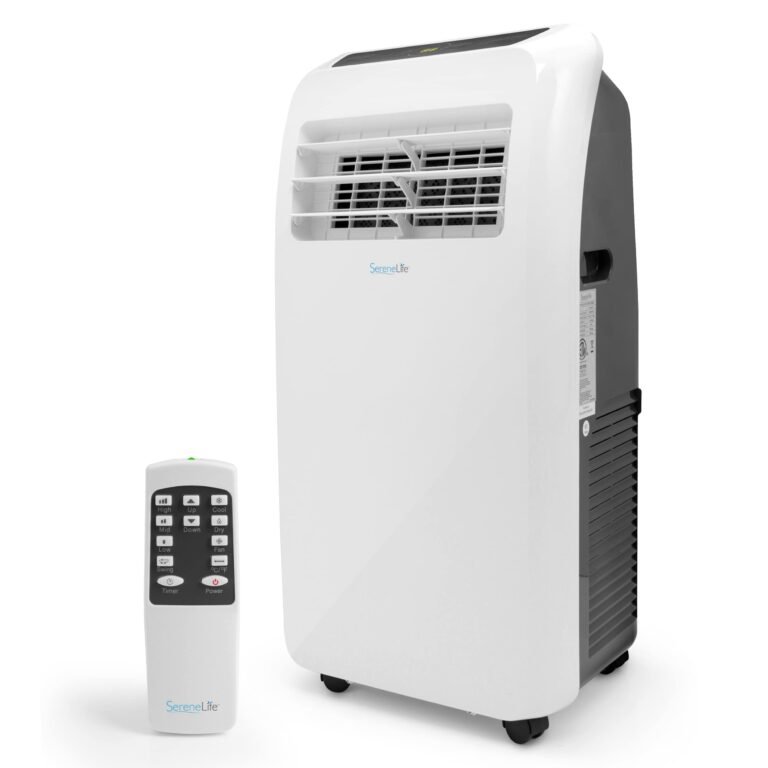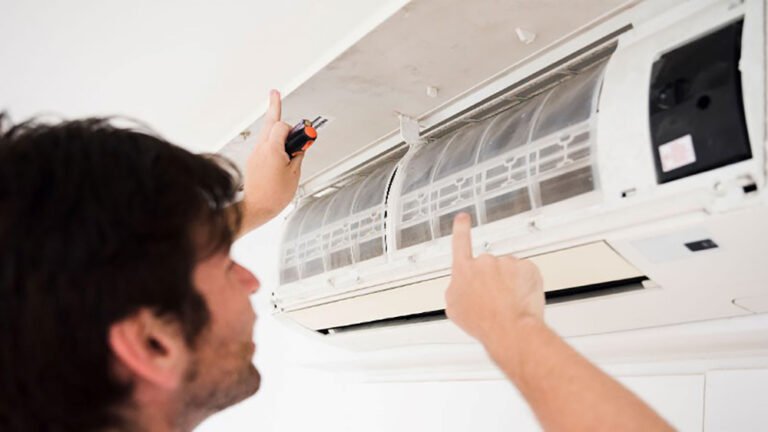Do Window Ac Units Remove Humidity? Find Out Now!
Window AC units do remove humidity by collecting and draining condensation from the air. However, it is not their primary function.
When an air conditioner operates, it cools the air by removing heat, and as a result, it also removes some of the moisture in the air. This is done through the condensation that forms on the evaporator coils and is then drained away.
So while window AC units can help reduce humidity to a certain extent, they may not be as effective as dedicated dehumidifier units.
How Window Ac Units Work In Cooling The Air
| Do Window Ac Units Remove Humidity |
| How Window AC Units Work in Cooling the Air |
| Window AC units as a cooling solution |
Window AC units are a popular choice for cooling individual rooms as they offer a cost-effective and convenient solution. But do they also remove humidity from the air? The answer is yes, to a certain extent. While the primary function of a window AC unit is to cool the air, it also acts as a dehumidifier as a byproduct of its operation. As the AC unit cools the air, it also removes moisture from the air, resulting in reduced humidity levels. However, it’s important to note that window AC units are not as effective in dehumidifying large spaces or managing high humidity levels. In such cases, additional dehumidifiers or central air conditioning systems may be required. It’s also crucial to properly maintain and clean the AC unit to ensure its optimal performance in removing humidity.
The Dehumidifying Effect Of Window Ac Units
|
The Dehumidifying Effect of Window AC Units
The primary function of window AC units is to cool the air in a room, but they also have a secondary function of dehumidification. While not their main purpose, window AC units do remove some humidity from the air as a byproduct of their cooling process. When air passes through the evaporator coil of the AC unit, it cools down, causing moisture in the air to condense and collect on the coil. This condensation is then drained out of the unit. However, it’s important to note that window AC units are not as effective at removing humidity compared to dedicated dehumidifiers. Factors such as the size of the AC unit, room temperature, and relative humidity can all influence the effectiveness of dehumidification. Additionally, using the AC unit in dry mode or setting the humidity control can help enhance the dehumidifying effect. |
Optimizing Window Ac Units For Humidity Control
Optimizing Window AC Units for Humidity Control
When it comes to optimizing your window AC unit for humidity control, there are a few key steps you can take. Adjusting your thermostat settings is crucial for better dehumidification. Make sure to set your thermostat to a lower temperature and enable the “dry mode” function if your AC unit has one. This function helps to remove excess moisture from the air.
In addition to adjusting thermostat settings, maintaining proper airflow and ventilation is essential. Keep windows and doors closed to prevent outside humidity from entering your space. Ensure that your AC unit has clean filters and that drains are not clogged. This will help your unit remove humidity effectively and efficiently.
By implementing these simple tips, you can ensure that your window AC unit effectively removes humidity, providing a comfortable and dry environment in your space.
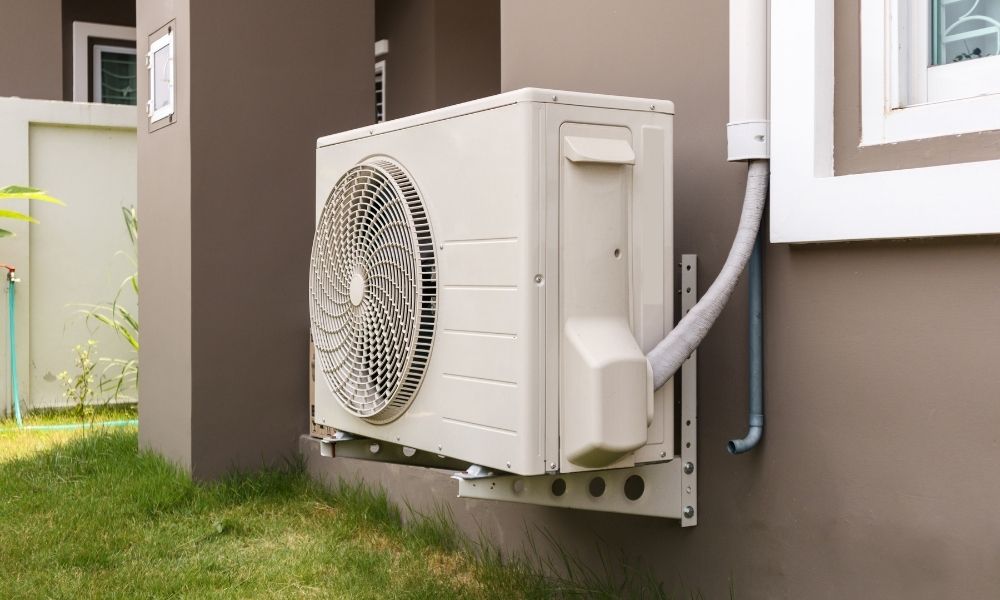
Credit: www.pioneerminisplit.com
Common Issues And Solutions For Window Ac Units
Overcooling and insufficient dehumidification: One common issue with window AC units is that they tend to overcool the room while not effectively removing humidity. This can result in a cold and damp environment, which is uncomfortable. One possible solution to this problem is to adjust the thermostat settings to a balance between cooling and dehumidification. It is also important to ensure that the AC unit is properly sized for the room it is installed in. Incorrectly sized units may not have enough capacity to effectively control humidity. Regular maintenance, including cleaning or replacing filters and ensuring proper drainage, is essential for optimal performance and efficient dehumidification. By addressing these common issues and implementing the suggested solutions, you can ensure that your window AC unit effectively removes humidity and provides a comfortable indoor environment.
Frequently Asked Questions For Do Window Ac Units Remove Humidity
Why Is My Window Ac Cooling But Not Removing Humidity?
Dirty filters, clogged drains, and thermostat issues can prevent a window AC from effectively removing humidity.
Do Window Ac Units Dry Out The Air?
Window AC units do remove humidity to some extent, but it is not their primary function. When cooling the air, the unit collects and drains the condensation formed from water vapor, which helps reduce humidity. However, larger units can sometimes cool the house too quickly, not allowing for complete dehumidification cycles.
It is important to properly size your AC unit to avoid this issue.
How Do You Dehumidify A Room With A Window Air Conditioner?
To dehumidify a room with a window air conditioner, use the air conditioner in “Dry” mode or adjust the humidity setting. Set the thermostat fan setting to “Auto” instead of “On” to only run the fan when necessary. This will help reduce indoor humidity levels.
Why Does My Window Ac Make My Room Humid?
Window AC units can make your room humid due to several reasons. If your unit is oversized, it cools the room too quickly, not allowing for complete cycles and causing increased indoor humidity. On the other hand, if the unit is too small for your room, it may lack the power to dehumidify the air, resulting in hot and muggy conditions.
Make sure your unit is properly sized for your room to maintain comfortable humidity levels.
Conclusion
Window AC units do remove humidity to some extent, but it is not their primary function. Factors such as dirty filters, clogged drains, and improper thermostat settings can affect the unit’s ability to effectively remove humidity. It is important to ensure that the AC unit is properly sized for the space to prevent increased indoor humidity.
While ACs do dehumidify to a degree, using additional methods such as dehumidifiers may be necessary to maintain optimal humidity levels in your home.

